The use of cultivators in agriculture has long been a standard practice to prepare and maintain the soil for enhanced crop growth. Traditionally, cultivators were operated using fossil fuel-powered engines, which not only emitted harmful greenhouse gases but also increased operating costs. However, with growing concerns for environmental sustainability and a shift towards cleaner energy sources, battery-operated cultivators have emerged as a promising solution. In this article, we explore how cultivator battery operated technology is transforming the world of agriculture by enhancing efficiency and promoting sustainable farming practices. 1. Increased Efficiency: Cultivator battery operated devices are known for their increased efficiency compared to conventional gas-powered cultivators. These systems are equipped with powerful electric motors that ensure optimal power distribution and minimal energy wastage.
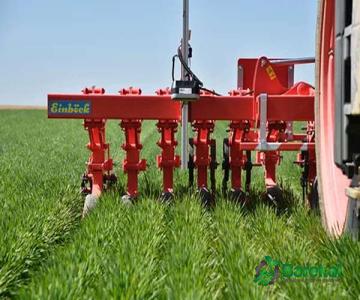
.
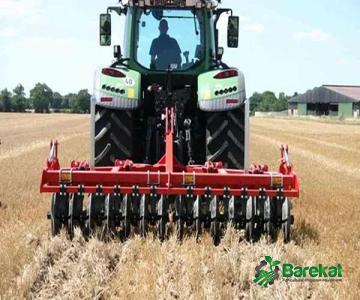 The consistent power output allows for smoother and more efficient tilling, reducing the time and effort required to cultivate large areas. Additionally, battery-operated cultivators require minimal maintenance, resulting in prolonged periods of uninterrupted use. 2. Reduced Carbon Footprint: One of the main advantages of cultivator battery operated tools is their significantly lower carbon footprint. By eliminating the need for fossil fuels, they reduce greenhouse gas emissions and contribute to a cleaner and healthier environment. Battery-powered cultivators operate silently, emitting zero exhaust fumes, making them ideal for use in residential areas or noise-sensitive environments. Farmers and gardeners can now tend to their crops without disturbing their surroundings or causing air pollution.
The consistent power output allows for smoother and more efficient tilling, reducing the time and effort required to cultivate large areas. Additionally, battery-operated cultivators require minimal maintenance, resulting in prolonged periods of uninterrupted use. 2. Reduced Carbon Footprint: One of the main advantages of cultivator battery operated tools is their significantly lower carbon footprint. By eliminating the need for fossil fuels, they reduce greenhouse gas emissions and contribute to a cleaner and healthier environment. Battery-powered cultivators operate silently, emitting zero exhaust fumes, making them ideal for use in residential areas or noise-sensitive environments. Farmers and gardeners can now tend to their crops without disturbing their surroundings or causing air pollution.
..
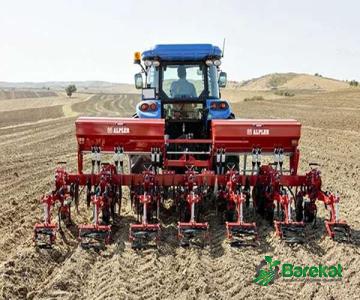 3. Cost-Effective Solution: Battery-operated cultivators offer a cost-effective alternative to their gas-powered counterparts. While the initial investment may be higher, the long-term savings surpass the initial cost. Battery packs are rechargeable, reducing the need for constant fuel purchase, resulting in lower operational expenses. Moreover, battery-powered systems have fewer moving parts, reducing the risk of mechanical failures and the associated repair costs. Farmers can focus on their crops without worrying about regular engine maintenance or expensive fuel prices. 4. Versatility and Ease of Use: Cultivator battery operated machines are designed for both commercial farming operations and small-scale gardening enthusiasts. These tools are available in a range of sizes to suit various cultivation needs, from large fields to urban plots. They are lightweight, maneuverable, and easy to operate, making them suitable for people of all skill levels. Battery-powered cultivators eliminate the need for pull-starting or dealing with messy fuel mixing. Simply charge the battery, press a button, and start cultivating without any hassle. 5. Long Battery Life and Recharge Options: Battery-operated cultivators are equipped with high-capacity rechargeable batteries, offering extended operation times.
3. Cost-Effective Solution: Battery-operated cultivators offer a cost-effective alternative to their gas-powered counterparts. While the initial investment may be higher, the long-term savings surpass the initial cost. Battery packs are rechargeable, reducing the need for constant fuel purchase, resulting in lower operational expenses. Moreover, battery-powered systems have fewer moving parts, reducing the risk of mechanical failures and the associated repair costs. Farmers can focus on their crops without worrying about regular engine maintenance or expensive fuel prices. 4. Versatility and Ease of Use: Cultivator battery operated machines are designed for both commercial farming operations and small-scale gardening enthusiasts. These tools are available in a range of sizes to suit various cultivation needs, from large fields to urban plots. They are lightweight, maneuverable, and easy to operate, making them suitable for people of all skill levels. Battery-powered cultivators eliminate the need for pull-starting or dealing with messy fuel mixing. Simply charge the battery, press a button, and start cultivating without any hassle. 5. Long Battery Life and Recharge Options: Battery-operated cultivators are equipped with high-capacity rechargeable batteries, offering extended operation times.
…
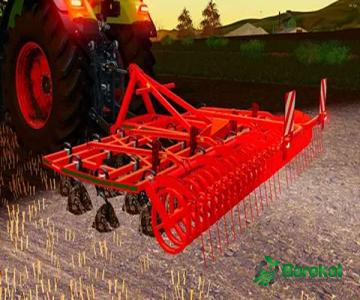 Depending on the model, users can expect several hours of runtime on a single charge. Additionally, many manufacturers provide interchangeable battery options, allowing for continuous operation by swapping out depleted batteries with fully charged ones. Some models even feature rapid charging capabilities, reducing downtime and increasing efficiency. Conclusion: The advent of cultivator battery operated devices has brought about significant improvements in agricultural practices. These tools not only enhance efficiency and ease of use but also contribute to a cleaner and more sustainable environment. By embracing battery-powered cultivators, farmers can reduce their carbon footprint, lower operational costs, and achieve optimal cultivation results. As the demand for environmentally friendly farming solutions grows, cultivator battery operated machines are poised to play a crucial role in shaping the future of agriculture.
Depending on the model, users can expect several hours of runtime on a single charge. Additionally, many manufacturers provide interchangeable battery options, allowing for continuous operation by swapping out depleted batteries with fully charged ones. Some models even feature rapid charging capabilities, reducing downtime and increasing efficiency. Conclusion: The advent of cultivator battery operated devices has brought about significant improvements in agricultural practices. These tools not only enhance efficiency and ease of use but also contribute to a cleaner and more sustainable environment. By embracing battery-powered cultivators, farmers can reduce their carbon footprint, lower operational costs, and achieve optimal cultivation results. As the demand for environmentally friendly farming solutions grows, cultivator battery operated machines are poised to play a crucial role in shaping the future of agriculture.

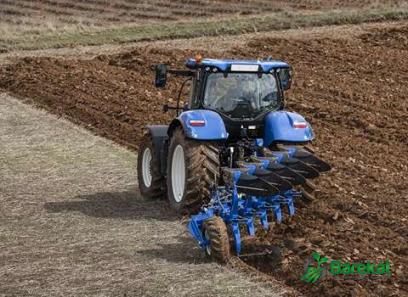

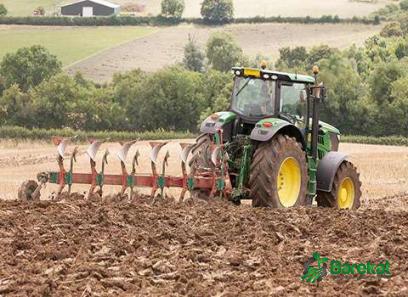
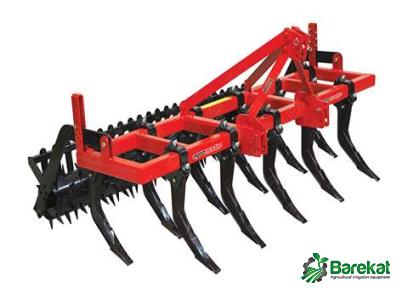





Your comment submitted.